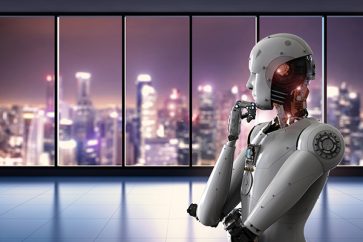In the past year AI has gone from futuristic pipedream to very present reality. It suddenly poses significant questions for church leaders, ranging from “Can ChatGPT write good sermons?” to “How do I counsel church members who are using AI-powered dating apps?”
Presented by experts in the field, this course will connect theological thought, practical pastoral considerations, and popular engagement. In a revised format from previous years, it takes place over five Wednesday evenings, spread though the 2023 / 24 academic year (three online, two in person). Each session will have a small amount of material provided in advance to read, watch or listen to, so the meetings themselves can rapidly get to discussing key issues of interest to participants.
Dates:
22nd November 2023 – Zoom – Technology and Humanity with Dr Mike Brownnutt
24th January 2024 – Zoom – Technology and Hope with Revd Dr Chris Goswami
21st February 2024 – In Person – Technology and Care with Prof. John Wyatt
13th March 2024 – Zoom – Technology and Worship with Revd Charmaine Mhlanga
1st May 2024 – In Person – Technology and Salvation with Graham Budd
Cost: £75 for all 5 sessions
Session 1: Technology and Humanity
Understanding the system we are called to conform to
Speaker: Dr Mike Brownnutt
Date: 22nd November 2023
Format: Zoom
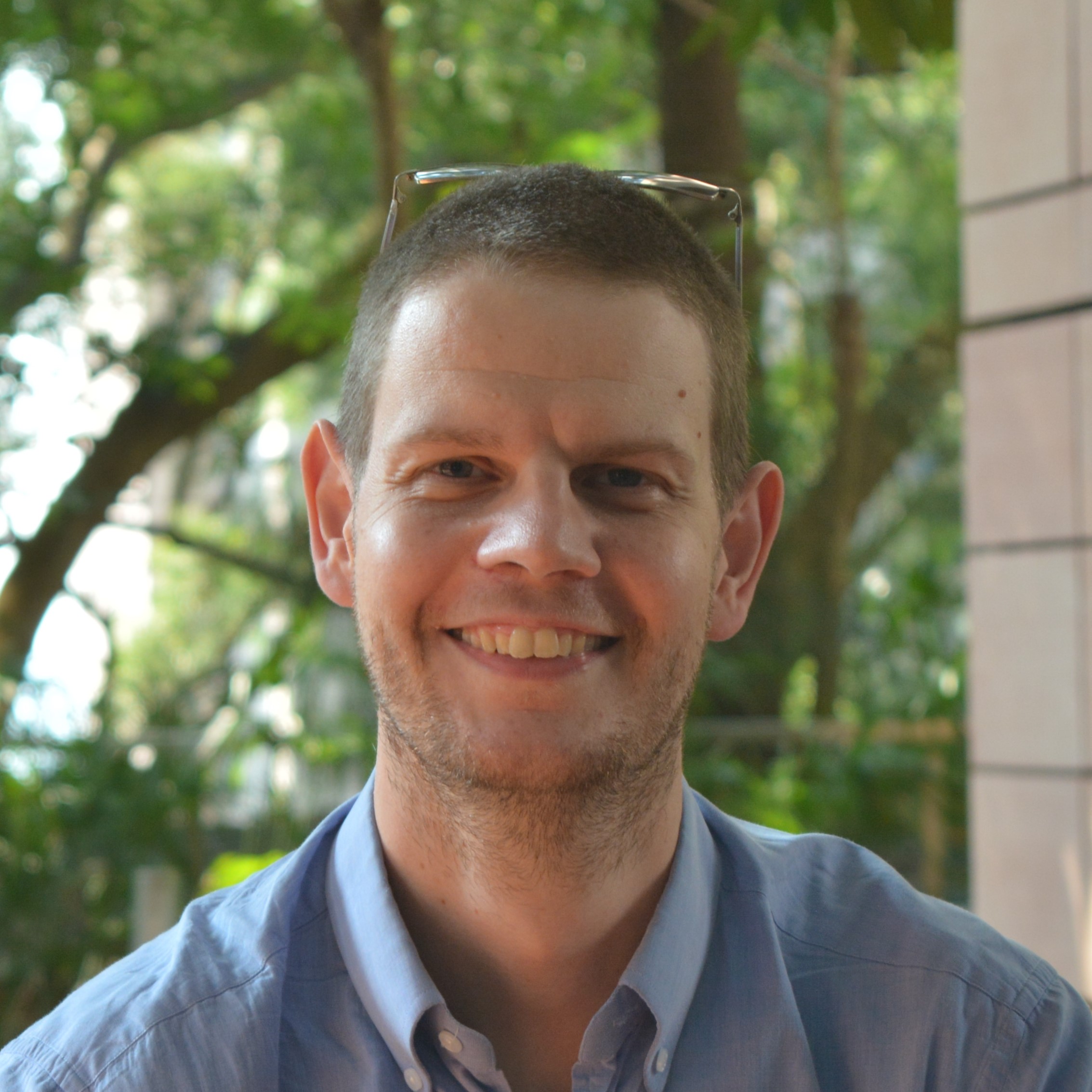
Mike Brownnutt obtained his first Master’s degree (MSci in physics) and his PhD (in experimental quantum mechanics) from Imperial College London, UK. He then worked at the University of Innsbruck for eight years, writing his habilitation on his research there, which developed scalable architectures for trapped-ion quantum computers. He completed a second Master’s degree (MA in theology from the University of Chester, UK) considering how faith is understood by various parties in discourse on the relationship between Christianity and science. He spent seven years at the University of Hong Kong, serving as Associate Director of the Faith and Science Collaborative Research Forum, and researching framings for science and religion which do not pre-suppose Modernist assumptions. He now serves as Course Director of the Faraday Institute. In his spare time, he is working on a PhD (with University of Birmingham) on non-Modern philosophy of science and religion. He also heads Every Nation Campus Academics, a church-based organisation seeking to engage with academics globally.
Abstract: Technology is good at all sorts of things. It makes doing things easier, faster, cheaper; and it helps us take control. In a technological world, the path of least resistance is to conform our lives to the things that technology is good at. In doing so, we come to value the things that technology is good at, and often forget how starkly the Christian life should stand at odds with technological values: we are not called to take the easy path, but to go the extra mile; not with speed, but with patience; embracing a life of discipleship which is not cheap, but irreducibly costly; accepting that we are not in control, and surrendering to the One who is.
We are surrounded by technology; indeed, we cannot live without it. And yet, as Christians, we cannot accept the form into which technology would tend to distort our view of the world and our humanity. This session sets the stage for thinking about what it means for Christians to live well with technology.
Session 2: Technology and Hope
Exploring the humanising potential of new technology
Speaker: Rev Dr Chris Goswami
Date: 24th January 2024
Format: Zoom
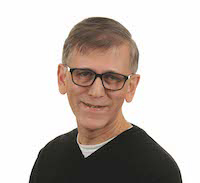
Chris Goswami has a First Class BA in Theology, First Class BSc in Electronic Engineering, holds an MSc and PhD in Telecommunications, and is a Chartered Engineer. Starting as a Software Engineer in the UK, Chris became Vice President at two Silicon Valley companies. He has three decades’ experience in high-tech organisations and currently works as a strategic adviser.
He was brought up in the UK as a Hindu, became a Christian at 19 and has since then served in many leadership roles in local churches. He is part-time Chaplain at Manchester Airport, Associate Minister at Lymm Baptist Church, and writes regularly at www.7minutes.net. He is married to Alison with three grown-up daughters and lives in Cheshire, UK.
Abstract: Is AI the harbinger of a new era, leaving us devoid of hope and relegated to passive reliance on machines forever? Or is there a more optimistic narrative to be found: one that reveals the potential for genuinely hopeful, humanising interactions with both the world and technology itself?
In this session we explore whether AI extinguishes creativity and fosters dependence, or if it can offer hopeful avenues of interaction with both the world and technology. We examine our fundamental hopes as humans, and how AI can enhance our lives – from promoting longevity and connectivity to unlocking unprecedented creative potential and creating new jobs as yet unimagined.
We also confront the potential challenges of these aspirations. Is AI the end of human creativity and the doorway to a new era of ultra-dependence on technology? Could we enter a “second enlightenment,” where faith wanes even more as AI mimics every aspect of human existence?
Session 3: Technology and Care
Speaker: Prof John Wyatt
Date: 21st February 2024
Format: In person
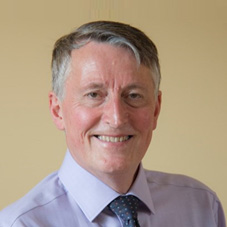
John Wyatt is Professor of Ethics and Perinatology at University College London and Emeritus Professor of Neonatal Paediatrics, Ethics & Perinatology at University College London. His medical work focussed on the mechanisms, treatment and prevention of brain damage in newborn infants. He is now engaged in addressing new ethical, philosophical and theological challenges caused by advances in medical science and technology. In particular, he is interested in the issues raised by rapid advances in AI and robotics, and the interface between cutting-edge science and Christian faith. He was formerly Co-Principal Investigator for a research project based at the Faraday Institute investigating the implications for human self-understanding of recent advances in artificial intelligence and robotic technology. He continues to lecture at undergraduate and postgraduate level both nationally and internationally in topics relating to biomedical ethics and the wider implications of technological advances.
Abstract to follow
Session 4: Technology and Worship
Speaker: Rev Charmaine Mhlanga
Date: 13th March 2024
Format: Zoom
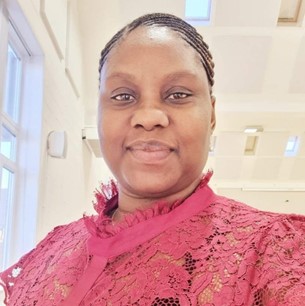
Charmaine Mhlanga serves as a Newly Accredited Baptist Minister at Sundon Park Baptist Church Luton, Bedfordshire. She holds a Master’s Degree in Christian Thought and Practice, Professional Ministry and Practice (Spurgeon’s College) and a BSc (Hons) in Health and Social Care (Open University). Prior to training for church ministry, Charmaine worked in health and social care in operational and strategic roles, working for local government and private sector social care providers. Charmaine is part of the Baptist Union Racial Justice Hub and Churches Together Luton Racial Commission. She is involved with issues of racial equality and justice; immigration and asylum; quality control and quality assurance; leadership, science and technology. She is also passionate about helping eradicate holiday hunger and volunteers for the Breakfast Battery Box, which is a group of local Luton residents, helping individuals and families to access breakfast parcels during school holidays. She enjoys reading, music, bird watching, scenic walks and cooking.
Abstract to follow
Session 5: Technology and Salvation
In what ways are we called to make humans ‘better’?
Speaker: Graham Budd
Date: 1st May 2024
Format: In person
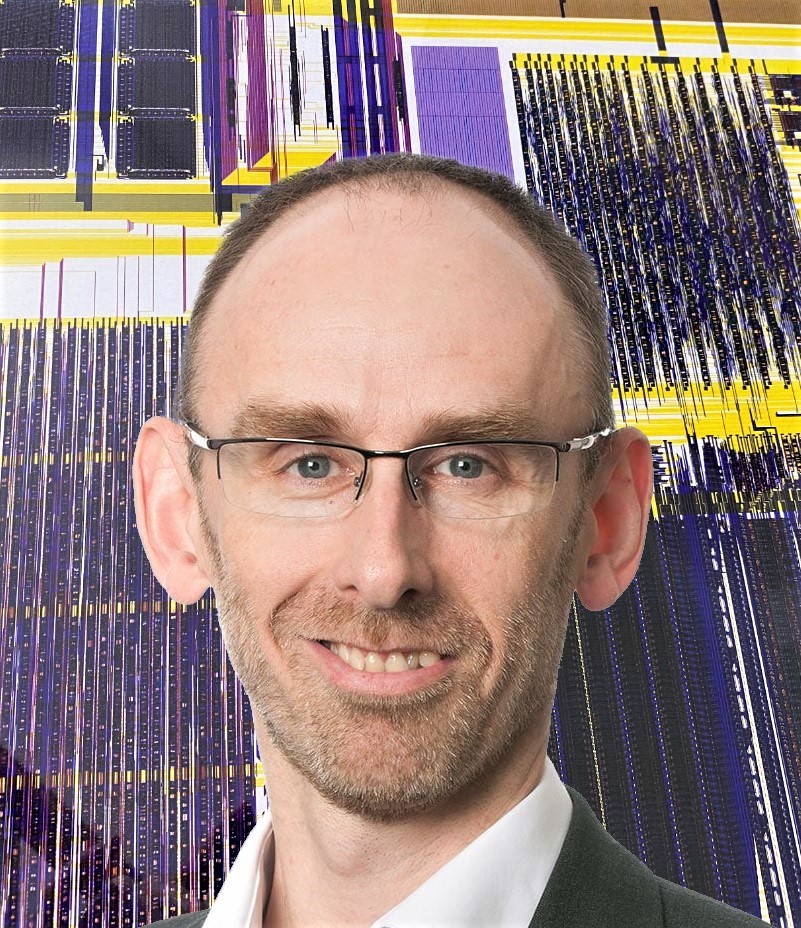
Graham Budd is the Executive Director of The Faraday Institute for Science and Religion. He was previously President and COO at Arm until his retirement from the company in 2021. He read Engineering at Corpus Christi College, Cambridge, before starting his career in technology at Thorn EMI Electronics. He has over 30 years’ experience in computing and the global semiconductor industry, including his work leading the development of several of Arm’s pioneering early single-chip computer designs. In 2005 he became Executive VP and General Manager of Arm’s Processor Division, then Chief Operating Officer from 2008. He was a member of Arm’s Executive Committee from 2005 and joined the main Arm Board in 2017. Graham has held a number of business and charity Board roles and is currently a non-executive Director at Oxbotica, an Autonomous Vehicle software company, a Trustee at SOS Children’s Villages UK and Chair of the Aidan Charitable Trust. He is a Fellow of the Institution of Engineering and Technology.
Abstract: Technology is seen by some as a route to a kind of salvation. Transhumanism and superintelligent AI are portrayed as paths to becoming ‘better’ than Homo Sapiens: leaving behind suffering, weakness, and even death; effectively becoming gods. If this sounds irrelevant to everyday life in 2023, remember that we have long used technology to overcome human weakness, embracing wearable tech (such as glasses) and implanted tech (like pacemakers). What, then, for augmenting our humanity with smartphones, AI chatbot assistants, and beyond? What is the long-term purpose of technology, and how does this fit with a Christian understanding of salvation? How does AI fit into a Christian eschatological framework? What does this mean for the church practically today?
Any questions please contact: events@faraday.cam.ac.uk




